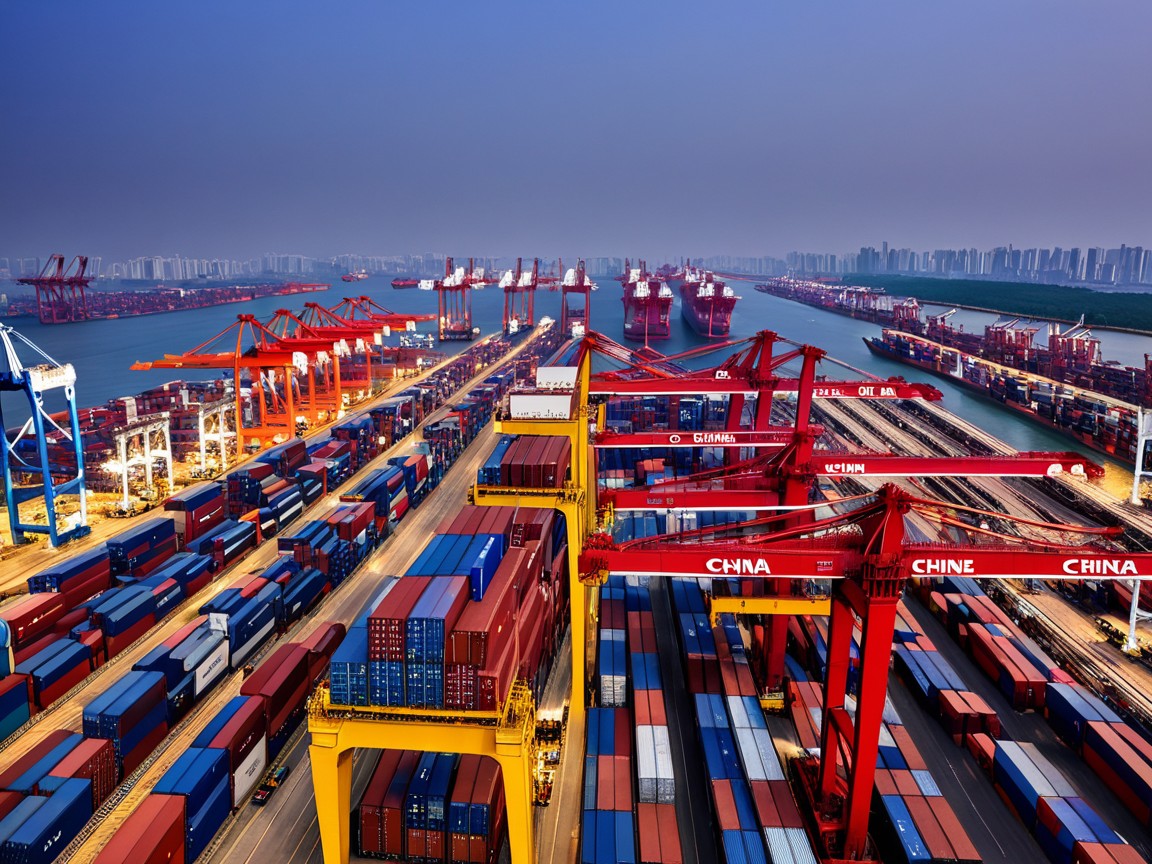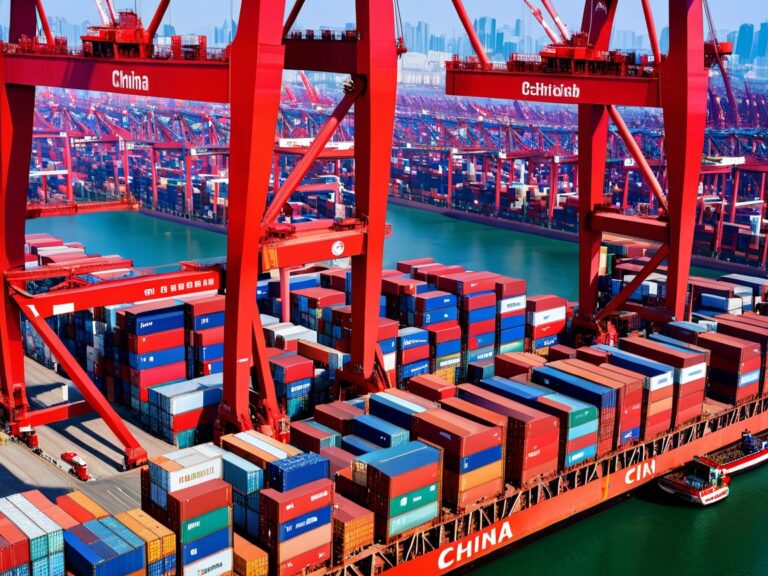The Global Trade Ripple Effect of China’s New Reform Agenda
China’s recent third plenum meeting set ambitious long-term policy goals to drive “Chinese-style modernization,” signaling strategic shifts for the world’s second-largest economy. Yet, the meeting left global investors and businesses with limited details on addressing China’s current economic challenges. Here’s how these reform plans may affect importers, logistics, and global trade:
1. Economic Uncertainty and Risk Aversion
Economic Slowdown: China’s outlined reforms highlight awareness of key issues like low consumer demand and the ongoing property slump. This economic uncertainty could lead to slower production rates, longer lead times for imports, and heightened logistics challenges.
Deflationary Pressures: Ongoing deflation could lead to lower consumer demand, impacting production volume and supply chain reliability. For importers, this could mean variable costs and logistical inefficiencies as demand fluctuates.
2. Financial Market Volatility
Currency Fluctuations: Economic policy shifts may increase volatility in the Chinese Yuan, affecting import costs and requiring importers to adapt financial strategies for currency risk management.
Liquidity Issues: Heightened scrutiny on financial institutions could reduce market liquidity, potentially affecting credit availability for suppliers. Importers may need to prepare for delays or negotiate alternative financing to ensure stable logistics operations.
3. Regulatory and Policy Changes
Central Bank Interventions: The People’s Bank of China (PBOC) could introduce new measures to stabilize the economy, impacting interest rates and borrowing costs, and indirectly influencing logistics costs for imports.
Increased Regulatory Scrutiny: With a strong focus on national security, the government could tighten regulations around financial transactions, which may influence suppliers’ ability to finance production and maintain steady operations.
4. Implications for Supply Chain and Logistics Management
Supplier Financial Health: Economic challenges may impact suppliers’ financial stability, affecting their production quality and delivery schedules, requiring importers to reinforce supply chain resilience and logistics contingency plans.
Inventory and Pricing Strategies: While a deflationary environment might offer initial cost benefits, prolonged deflation could introduce broader economic concerns. Strategic inventory and pricing management will be essential to navigate potential supply chain disruptions.
5. Signals for Future Planning
Supply Chain Diversification: The current economic climate emphasizes the need for diversified supply chains. Sourcing from multiple regions can reduce dependency on a single source and provide more robust logistical support.
Proactive Risk Management: Strong supplier contracts, buffer stock maintenance, and adaptable logistics plans are essential components for mitigating risks in uncertain economic conditions.
6. Potential Opportunities
Negotiation Leverage: Economic uncertainty may increase suppliers’ willingness to negotiate favorable terms, providing opportunities for importers to secure advantageous contracts.
Investment in Alternatives: Economic slowdowns often spur innovation and exploration of alternative sourcing and production methods. Investing in new technologies or alternate markets could enhance long-term supply chain and logistics efficiency.
How China Agent Ltd Can Help
Monitoring Economic Developments: We provide continuous updates on economic and regulatory changes in China, ensuring you stay informed and prepared.
Contracting: Our team drafts strong contracts with clear terms on pricing, quality, and compliance, protecting your interests.
Supply Chain and Logistics Mapping: We identify risks and potential alternative suppliers, providing comprehensive supply chain and logistics mapping.
Local Negotiations Expertise: Leveraging our local presence, we secure better terms with suppliers, from pricing to logistics compliance.
Risk Management Strategies: Our team implements strategies like buffer stock maintenance, supplier diversification, and contingency plans to strengthen logistics resilience.
Technology Integration: We support advanced logistics solutions, integrating technologies such as AI and IoT for streamlined, efficient supply chains.
Conclusion
China’s ambitious reforms could bring about economic challenges and uncertainties. For importers and logistics managers, monitoring these conditions, managing risks, and fortifying supply chain resilience will be essential. By adapting proactively, importers can seize opportunities, safeguard against risks, and optimize logistics operations to successfully navigate this evolving landscape.gis

